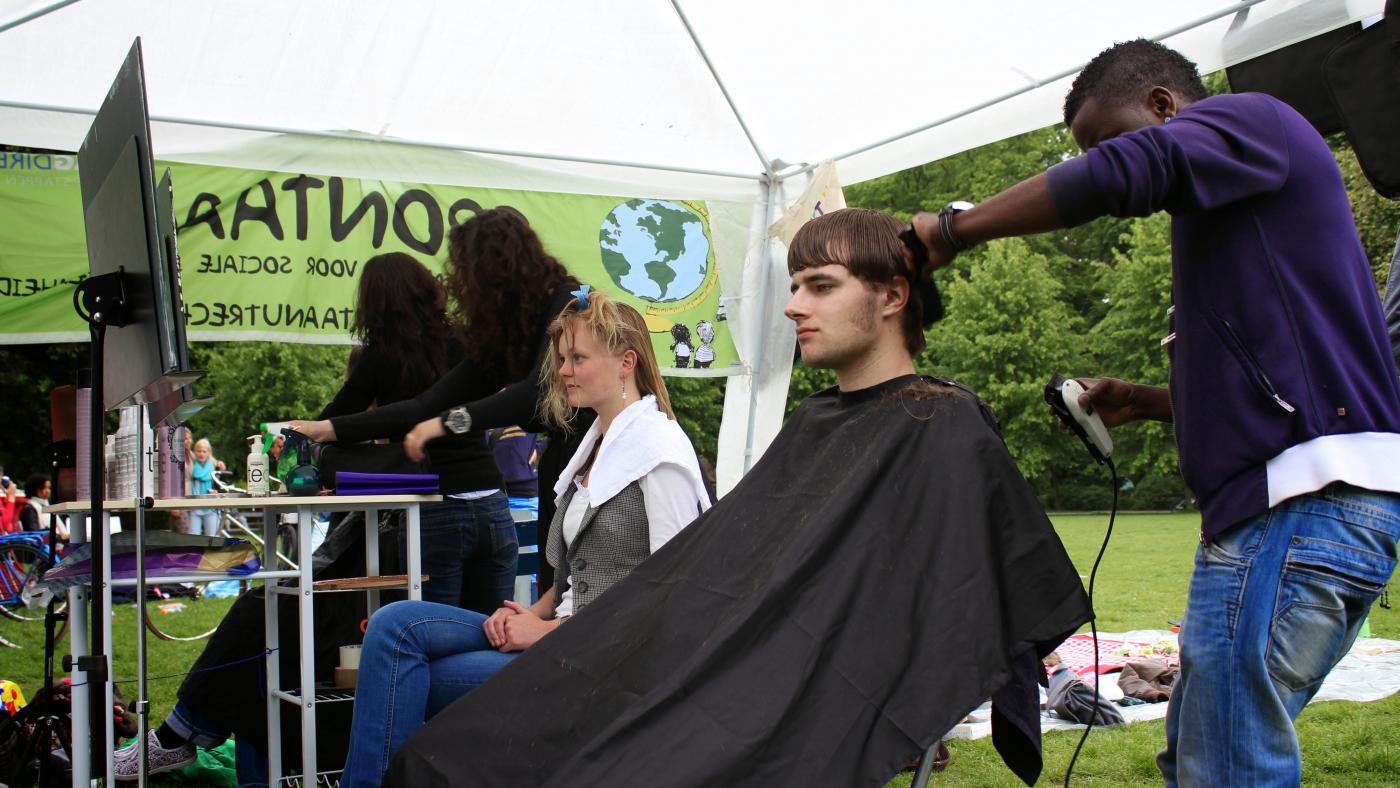Dutch Student Union issues action plan against internship discrimination

Work placement discrimination is a serious problem in the Netherlands, according to LSVb chair Ama Boahene. “The first step towards a solution is ensuring that students report their experiences. Currently, many students don’t do that because they don’t know where they can go or because they don’t believe the university is going to do anything with their report.”
Low threshold
LSVb has issued an action plan calling on all the higher education institutions in the country to set up a low-threshold hotline to denounce work placement discrimination. In addition, universities should actively inform their students of its existence, give them more guidance on how to deal with the issue and clearly state what actions they will take when a company discriminates against a student applying for an internship position.
The union refers to The State of Education, a document published (in Dutch, Ed) last week by the Education Inspectorate. A separate paragraph is devoted to the issue in the chapter on secondary vocational education. Students with a migration background have to write more application letters and spend more time looking for an internship. The Inspectorate is also concerned about the fact that very few of those students actually report the discrimination they suffer even though it is clearly a problem.
According to LSVb, the problem happens in higher education as well, but the more than 1,500 higher education students interviewed by the Education Inspectorate seem not to be very aware of it. Only 11 percent of those surveyed agreed with the statement “some students sometimes experience discrimination when looking for an internship” and 23 percent disagreed. The rest were non-committal or “didn’t know”.
Research-oriented higher education students
A survey by the Netherlands Institute for Social Research (SCP), conducted in 2020, showed that research-oriented higher education students feel particularly discriminated against when looking for an internship. About 23 percent of them said they feel that way, as compared with 8 percent of those enrolled in secondary vocational education and 7 percent of those studying at universities of applied sciences.
The SCP researcher noted at the time that only 88 students enrolled in research-oriented universities and looking for internships had taken part in the survey. “If a few of them experience discrimination, you are likely to get high percentages.”
She also pointed out that internships are usually mandatory in secondary vocational education and universities of applied sciences, so there are more positions available. For those enrolled in research-oriented universities such as Utrecht University, applying for an internship is more or less like a normal job application, so the chance of discrimination is greater.